Mark Irozuru is a seasoned DevOps Engineer specializing in the design, automation, and scaling of infrastructure tailored for blockchain and Web3 environments. Currently serving as the DevOps Lead at Botanix Labs, a pioneering Bitcoin blockchain enterprise, he is instrumental in developing robust systems that drive Bitcoin’s advancement as a global financial standard.
Holding a degree from Bournemouth University in Cybersecurity and Human Factors, Mark operates at the crossroads of security, scalability, and decentralization. He has spearheaded infrastructure initiatives that maintain 99.9% uptime, accommodate tenfold transaction increases, and process over 10 million transactions on test networks. Beyond his technical expertise, Mark is a mentor, speaker, and passionate advocate for Africa’s burgeoning tech scene, committed to demystifying complex technologies and inspiring future innovators.
- How would you describe your role to a young child?
Picture a giant puzzle that you and your friends love to play with every day. You’re like the puzzle guardian who helps build new pieces and keeps the puzzle safe and stable. When your friends want to add new parts, you make sure they fit perfectly and don’t mess up the puzzle’s original picture. You have special tools that make adding pieces quick and easy. Plus, you watch over the puzzle all the time to ensure it never falls apart.
If something goes wrong, you fix it immediately so everyone can keep enjoying the puzzle together without any problems.
- What is the biggest challenge in creating and maintaining blockchain infrastructure?
Failures in blockchain systems can be unpredictable and subtle, not just simple crashes. While most infrastructure focuses on speed and uptime, blockchain demands flawless operation, provable security, and preservation of the entire transaction history-all while remaining fast and continuously available.
Unlike traditional systems that rely on a single server or database, blockchain infrastructure must function seamlessly across numerous distributed nodes.
- What common pitfall do engineers face when scaling systems?
A frequent error is premature optimization-building overly complex, scalable solutions before fully understanding the workload’s actual demands. This often results in unnecessary complexity, longer development cycles, and higher maintenance overhead early on.
- If you could change one aspect of Bitcoin, what would it be?
I would simplify the management of Unspent Transaction Outputs (UTXOs). While keeping UTXOs at the core protocol level, I’d provide developers with user-friendly APIs that don’t require deep expertise in Bitcoin’s inner workings to create dependable applications.
- Which underrated DevOps tool do you rely on the most?
Costgraph.
- Leading your Bournemouth University team to victory at the Ocean Hackathon, what key lesson about teamwork did you learn?
That collaboration is the cornerstone of success.
During the Ocean Hackathon, we faced tight deadlines, diverse skills, and a challenging problem. The difference wasn’t just technical ability; it was clear communication, respect for each other’s strengths, and quickly assigning responsibilities.
We avoided trying to do everything ourselves, trusted teammates to deliver, and kept our objectives clear and simple. This experience reinforced that effective teamwork isn’t about having all the answers but fostering an environment where the best ideas emerge and progress swiftly.
- What excites you most about working in Web3 today?
The freedom of remote work combined with cutting-edge technology. The most thrilling part is contributing to building the future at a stage where the rules are still being written.
Web3 offers a unique space to innovate, experiment, and challenge norms in ways impossible in more established sectors. Whether it’s enhancing Bitcoin’s infrastructure or reimagining financial inclusion, you’re not just following trends-you’re shaping them.
- What advice would you give your younger self when learning C++?
Approach your work with seriousness. Don’t just aim to make the code run; strive to understand the underlying reasons why it works.
When I started with C++, I was eager to get results and often overlooked fundamentals. Over time, I realized that true growth comes from patience-carefully reading error messages and exploring how memory, pointers, and the compiler function.
It’s less about perfect code from the outset and more about developing strong mental frameworks that aid in debugging and designing better systems later.
- If reliability were a teammate, what qualities would they have?
Reliability would be the teammate who arrives at 3 a.m. without complaint, always prepared, punctual, and ready to deliver consistently.
- Beyond coding and cloud infrastructure, what keeps you balanced?
Spending time at the gym and cherishing moments with friends and family.
Don’t miss out! Moonshot by TechCabal returns to Lagos on October 15-16. Join Africa’s leading founders, creatives, and tech visionaries for two days of inspiring talks, networking, and forward-thinking ideas. Secure your spot now at moonshot.techcabal.com.
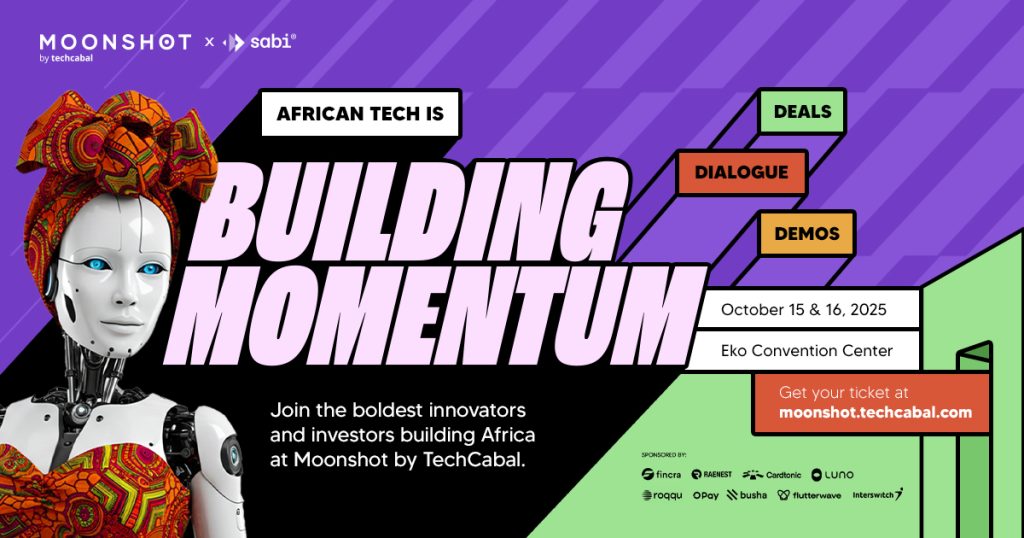










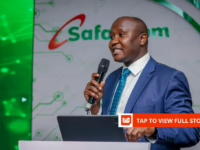
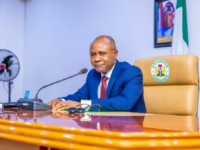



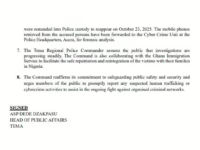


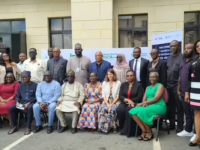




0 Comments